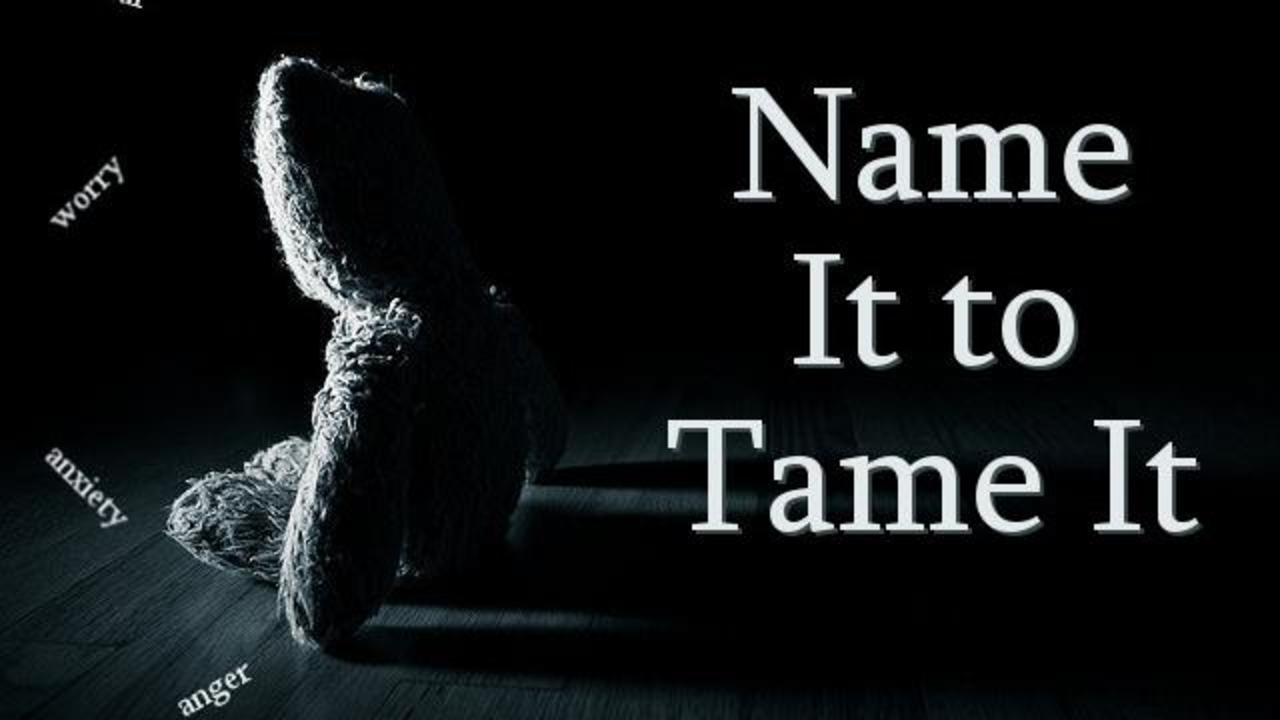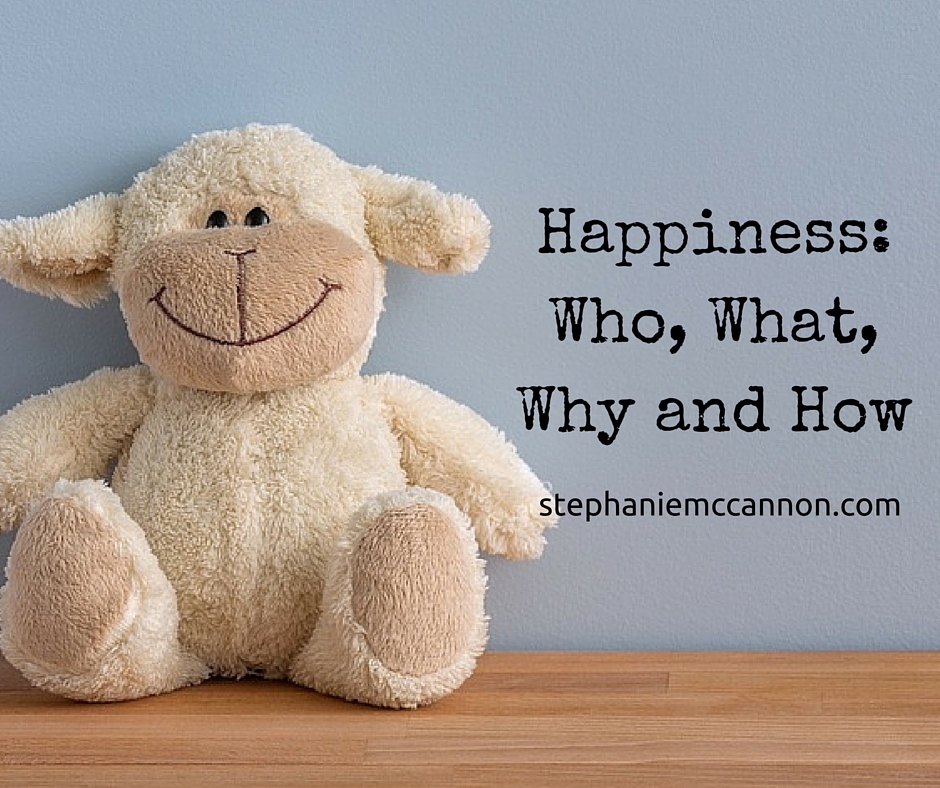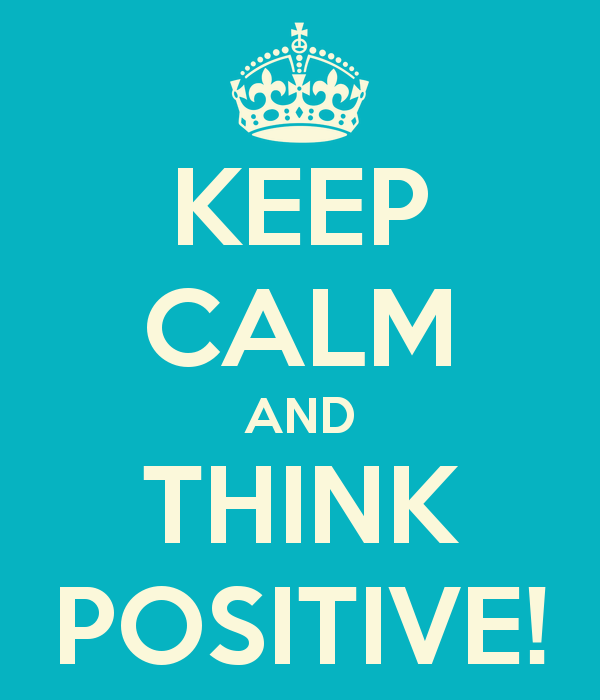#14 Positive Practices: Stress Less series II Identifying Your Stressors: Be Specific

Identifying Your Stressors: Be Specific
Would you be surprised to discover that stress has been named as an underlying factor in up to 90% of illnesses? Would you be surprised to find that most of the people around you feel stressed much of the time?

One of the best ways to manage stress in your life is to first become aware of exactly what it is that causes you stress, because if you can name the stressor, then you can take the necessary steps to minimize or eliminate it.
One technique for dealing with stress is called, “Name It, Tame It”.
When identifying what stresses you, be as specific as possible. In other words, instead of writing down the word, “work”, and write down what it was about work that causes you stress:
- Miscommunication with coworkers
- Feeling unequipped to tackle a new project
- Balancing work and the needs of your family
When we specifically name what stresses us we can see that there are other aspects of the broad category that we enjoy, like seeing ou...
#10 Positive Practices to Stress Less Live More Series I

Define it, Deflate it, and discover calm!

Identifying Your Stressors: Be Specific
Would you be surprised to discover that stress has been named as an underlying factor in up to 90% of illnesses? Would you be surprised to find that most of the people around you feel stressed much of the time?
One of the best ways to manage stress in your life is to first become aware of exactly what it is that causes you stress, because if you can name the stressor, then you can take the necessary steps to minimize or eliminate it.
One technique for dealing with stress is called, “Name It, Tame It”.
When identifying what stresses, you, be as specific as possible. In other words, instead of writing down the word, “work”, write down what it was about work that causes you stress:
- Miscommunication with coworkers, spouse, or kids
- Feeling unequipped to tackle a new project or dishes in the sink, beds not made, sitting in traffic
- Balancing work and the needs of your family
When we specificall...
#9 Positive Practices: Top 5 Daily Habits for Happy Healthy Balanced Living

Top 5 Daily Habits for Happy Healthy Balanced Living

1. Your day actually starts the night before! As you are going to sleep, smile and say Thank You, Thank You, Thank You. If there are specific things you are thankful for and they feel good to think about you can specify your thank yous. I usually just smile and allow a feeling of satisfaction and gratitude while repeating thank you. I also say, “I am well-being”.
2. In the morning, before getting out of bed...before opening your eyes say thank you again 3 times with a feeling of gratitude. This sets your day up on a very positive note. If there are specific things I know I will be involved in I say thank for having them go my way. I think of the people I will interact with and I say thank you that are easy to get along with, and I enjoy their company.
3. In the bathroom as I see my reflection for the first time, I smile a real smile and say good morning. As I look at my reflection, I say, I am well-being and “Tha...
#13 Positive Practices for Happiness: SMILAGE - Getting Miles out of your smiles!


HOW to SMILE
Are all smiles created equal? No they are not!
According to research done by this French neurologist guy (G.B. Duchene) …we may use the unemotional, non-committing social smile. A slight turn up of the corners of our mouth producing a “smile” of sorts. BUT THAT WON’T DUE. You have to get your eyes involved.
The smile you are looking for (and others too) is the real deal smile. To smile like you mean it you have to get the muscles around the mouth and the eyes involved. That’s where the magic is. That is the transformational smile that many doctors, philosophers, psychiatrist, therapist, yoga teachers, and YOUR MOM are talking about when she said smile it will make you feel better!
SMILAGE: Getting Miles out of your smiles!
IF you are really interested in the nitty gritty of smiling feel free to read this PHYSOLOGICAL EFFECTS OF THE SMILE by Mark G. Frank Phd, and Paul Ekamn Phd.
The end result of all this research is smiling is the easiest, cheapest (it’s free) ...
#12 Positive Practices for Happiness: Why We Should Be Smiling


Now we have tons of research, case studies, and own our lives can testify to the effects of smiling and the happiness that results.
Smiles = Happiness = Healthy Long Living
WHY
But why, What it is about a smile, that frown turned upside down is so compelling, so good?
• Instantly more attractive
Smiling makes everyone attractive… You don’t have a loose a pound, dye your hair, or alter anything else except your smile.
· Releasing endorphins and serotonin
· Lowers blood pressure
· Increase your resistance to illness
Smiling people are instantly more attractive. You were born with this ability. Smiling is good for your health…lowers blood pressure, releases feel good endorphins, relaxes your body, and increases your resistance to illness.
Smiles are Amazing. And so are you.
Get 5 Free tips that create calm...NOW!
#11 Positive Practices for Happiness: Who, What, Why and How

In this Happiness series, I will be sharing the three most powerful tools used by the happiest most successful people. Join in the happiness. It’s not as hard as you think. We will focus on trading one habit for another.

WHO:
Everyone wants more happiness in their life. We all want it. Ask parents what they want most for their children and they respond, “I want my kids to be happy”.
Ask kids what they want for their parents, especially kids of divorced parents and the kids respond, “I want my parents to be happy”.
In my line of work as a teacher and Health/Wellness Coach I am told all the time what my students and clients want most is to be happy.
WHAT does that mean? Of course, happiness means different things to different people. So let’s start with a simple definition:
After doing a quick search on google the first definition that pops up is:
“Feeling or showing pleasure or contentment”
I LOVE this one by www.merriam-webster.com/dictionary/happy
“enjoying or characteri...
#8 Positive Practices: Why it is important to take consistent action?

STEP 3: Take Action – What You Do
Why it is important to take consistent action?
Today I am going to discuss with you how you take better, smarter action:
The first step is the planning! (Fun!)

General Planning Strategies
- Create written plans (annual, quarterly, 30 day)
Implement your plans and review regularly. I like to create a yearly look back and looking forward plan on my birthday! I review the previously years written statements and reflect on how things went and if I those plans are still current in today’s life. I then create a plan for the upcoming year. Some people do this on the New Year as well. However, I like the significance of my birthday.
- “Back-to-the-future” planning
- Develop a “Master Action List”
Weekly Planning/Weekly Goals

- Identify your goals for the week (Sunday night/Monday morning)
- Schedule time for key items - put them on the calendar.
- What do you need to get rid of to make more time?
- What choices do you need to make?
Ques...
#7 Positive Practices: 6 Characteristics of Highly Effective Goals

6 Characteristics of Highly Effective Goals

1. WRITTEN
a. Makes it more real.
b. Increases conscious and subconscious awareness.
c. You’ll notice people, resources, info and opportunities that can support you.
d. Less than 3% of people have written goals, and less than 1% of people
review their goals regularly. Write down your goals…do it!

2. USES PRESENT TENSE
a. Enables brain to visualize goal and start seeing it as real.
b. Don’t say “I will,” state in present tense so it pulls you forward.
c. What’s more powerful?
“I will eat more healthy.” OR “I eat healthy foods.”

3. STATED POSITIVELY
a. We think in pictures.
b. The mind focuses on what you think about.
If you think “I will not eat junk food,” the mind focuses on the junk food.
Using a sports analogy, such as golf: If you think. “I’m not going to hit the
ball in the water,” guess where the ball goes? In the water!
KEY: Focus on where you want to go or what you want to do.

4. SP...
#6 Positive Practices for Your BEST YEAR EVER-Powerful Decision

STEP 2: Set Effective Goals – What You Say
“I believe that a person cannot reach his/her full potential without setting and working towards goals. (Notice, I did not say attaining or achieving goals!)
Brian Tracy says that, "we are never truly happy unless we are moving towards something that is important to us." Some of the greatest thinkers and achievers in history, such as Emerson, Thoreau, DaVinci, Napolean Hill, and Dale Carnegie all stress the importance of goal setting in order to live a happy productive life and achieve one’s dreams.”

“What do you think?”
Why Don’t People Set Goals?
Some reasons may be:
1. Not serious, don’t want to take action.
2. Don't realize the importance.
3. Don't know what they want.
4. Stuck on “The How’s,” needing to figure out exactly how they will achieve it.
5. Fear of rejection / criticism
6. Fear of failure. This is one of the greatest single obstacle to success in adult life!
Keeps you in your comfort zone. People don'...
#5 Positive Practices for Your BestYearEverBlog3-Pleasure Questions


Positive Feeling Exercise – The “Pleasure Questions”
You will be more inspired to take action when you link positive feelings to your goal and create a strong desire. Write down your answers to these questions:
“If you make this change in your life how will you feel about yourself?”
“What kind of momentum would be created in your life when you achieve what you desire in your Key Area of Life?” (reference blog #1)
“How would you feel if you were consistently moving forward towards living a life you really love?”
“How do you feel when you think about the answers you wrote to these questions?”
“I call these the Pleasure Questions.”
The key is to get strong enough reasons so you commit to your goals and start taking action right now. Not some day in the future.
1. Write out the vision you have for yourself when you achieve what you want in the Key Area of Life that you are focusing on.
2. Review the decision you made in class, modifying it if you desire. Share your decision ...


